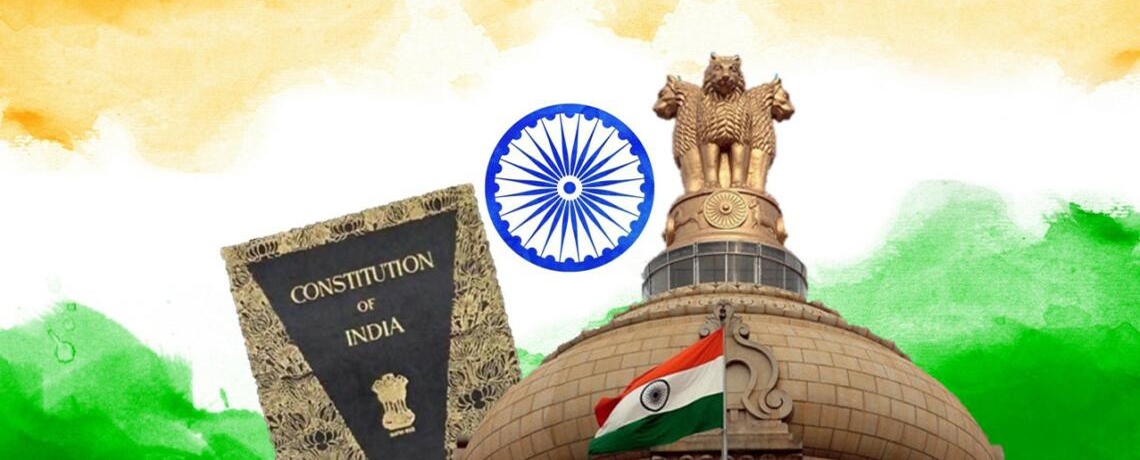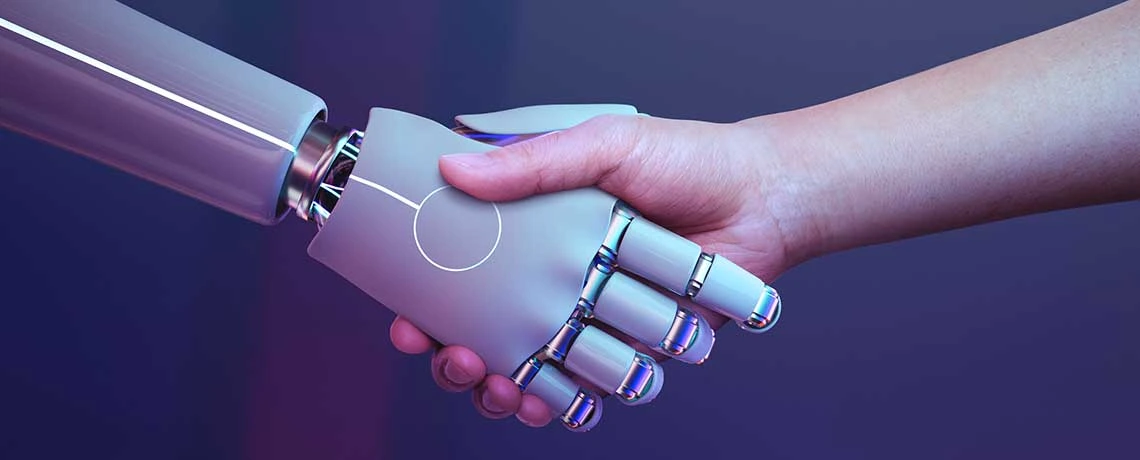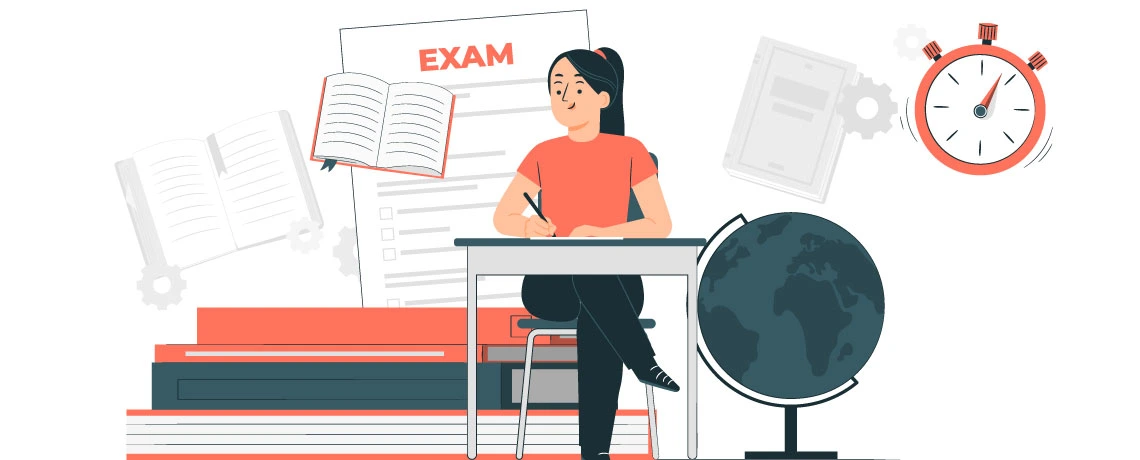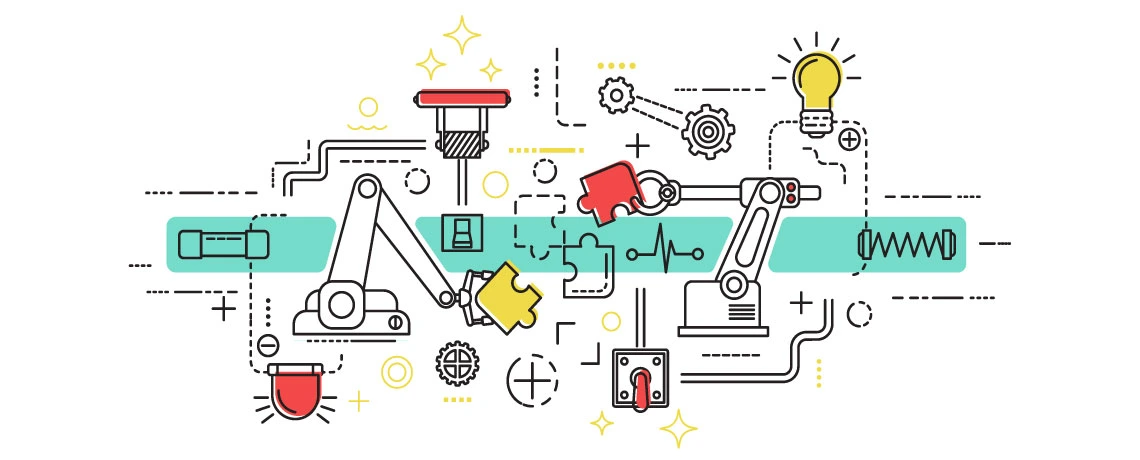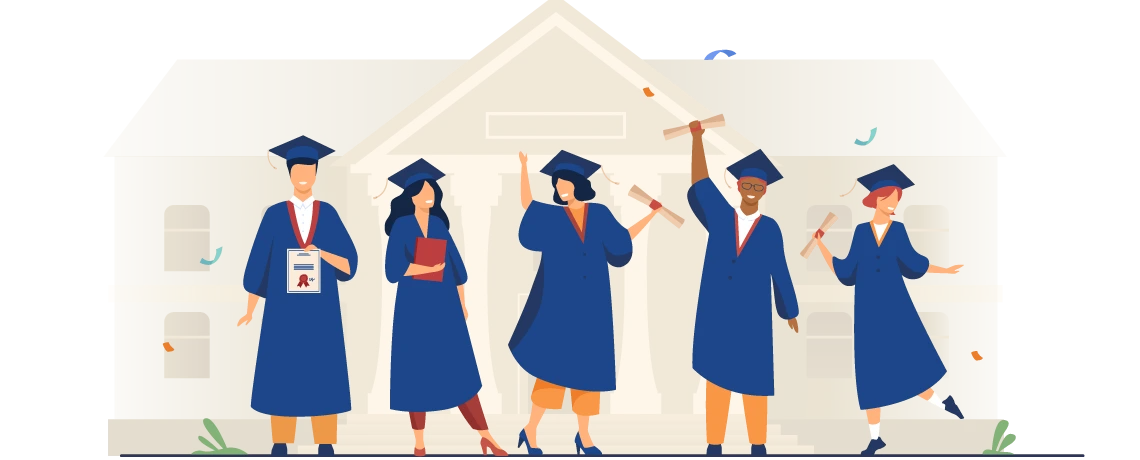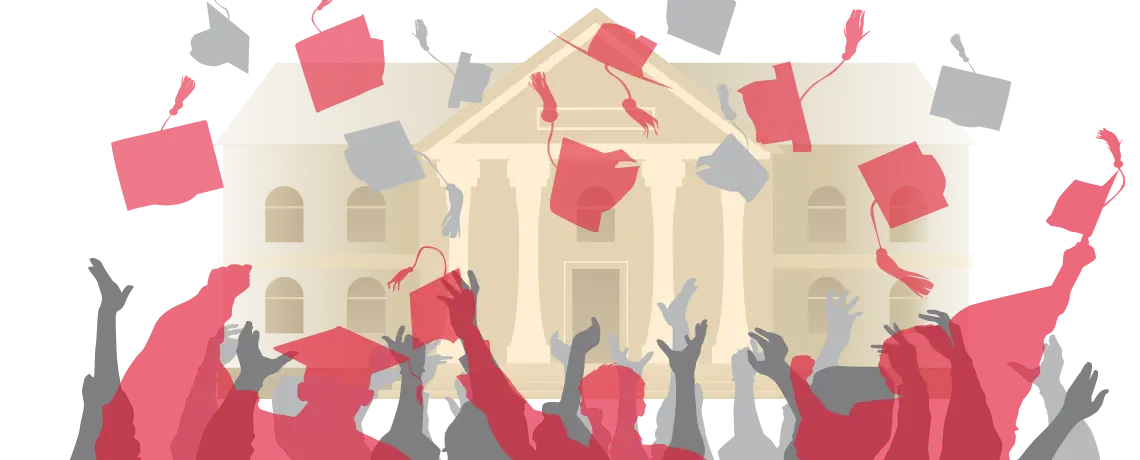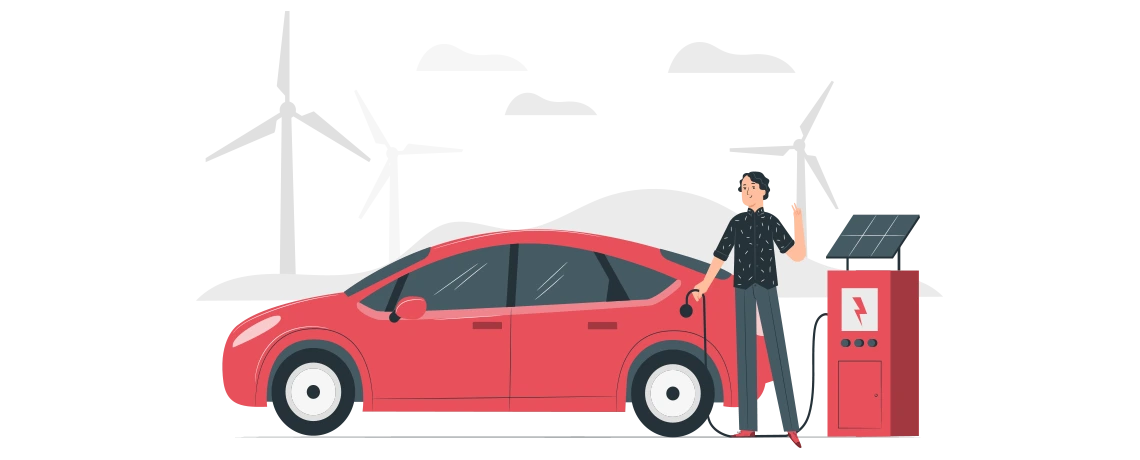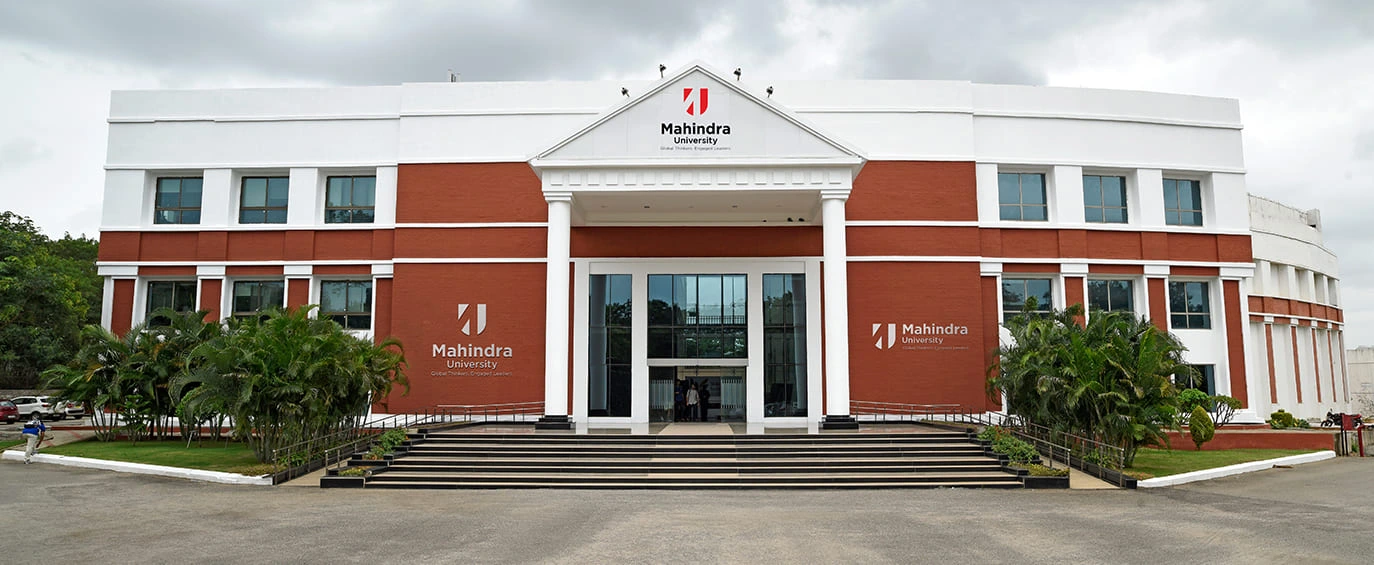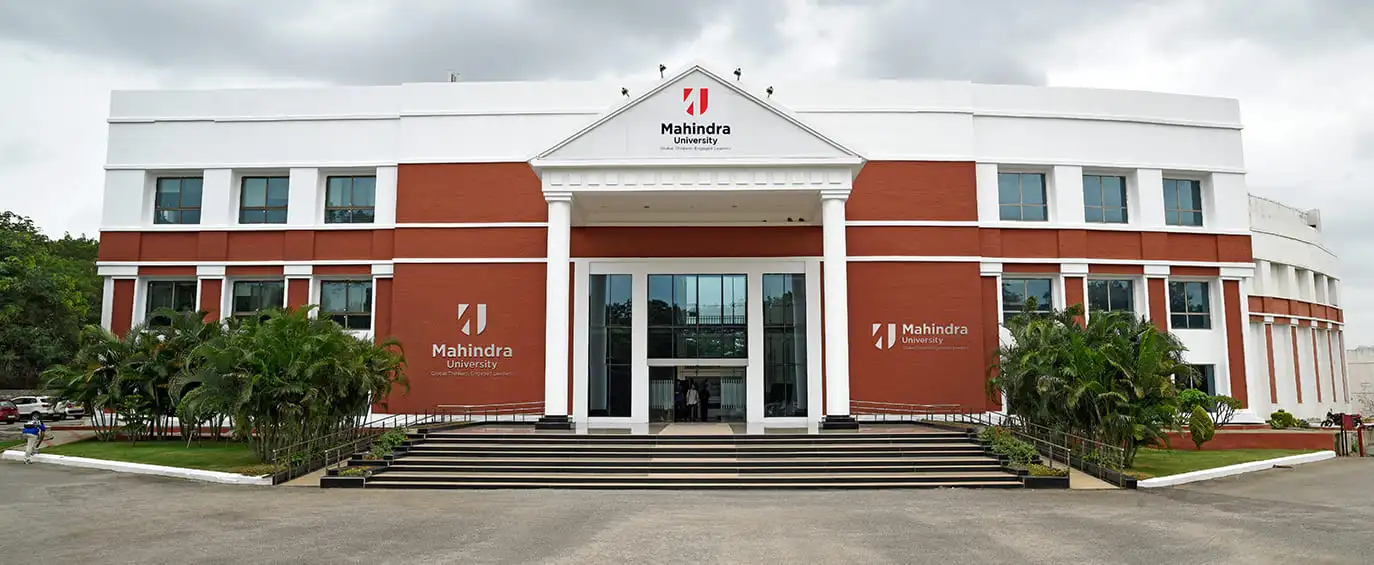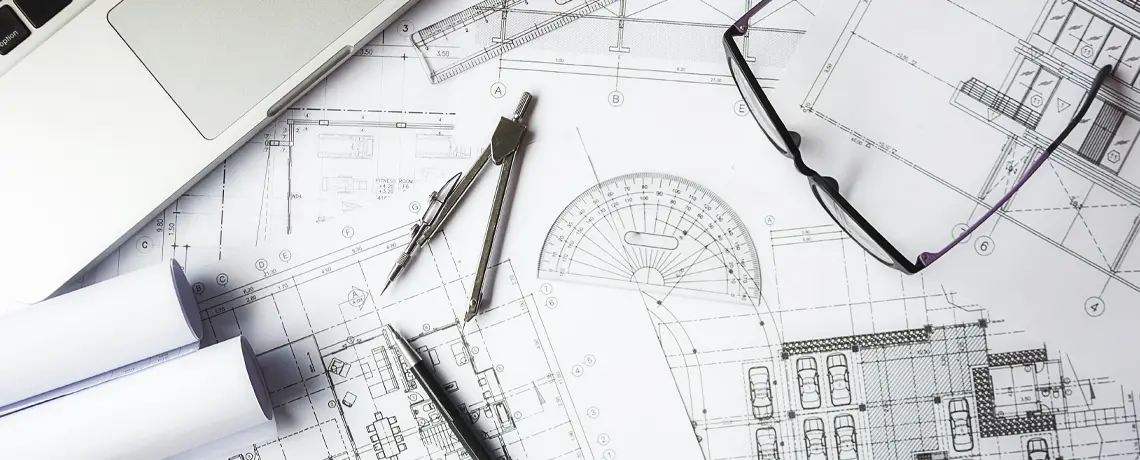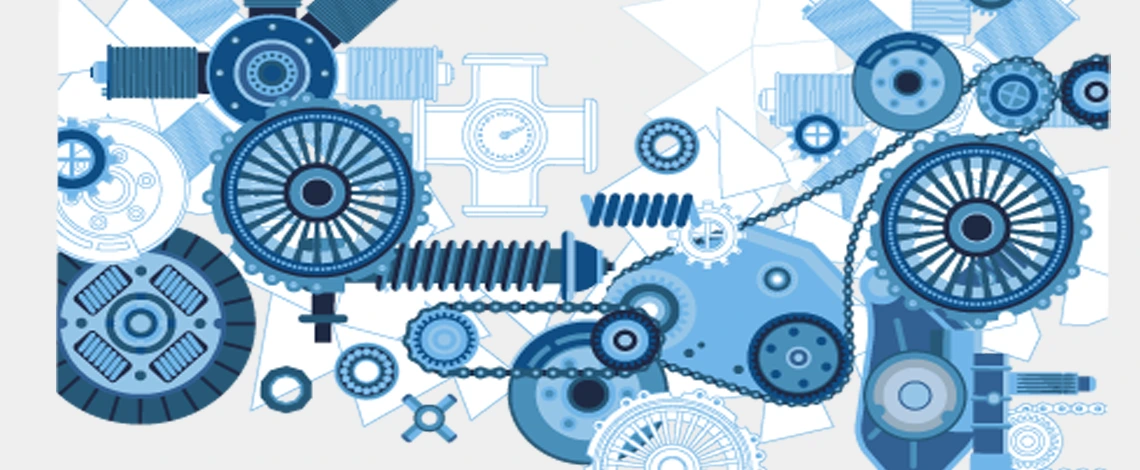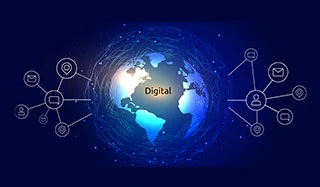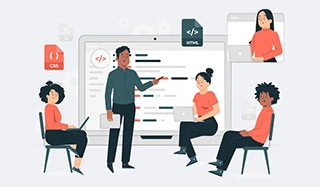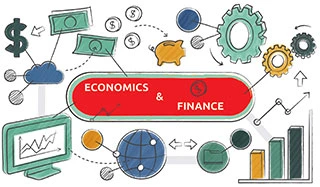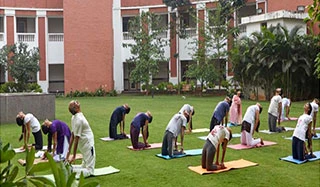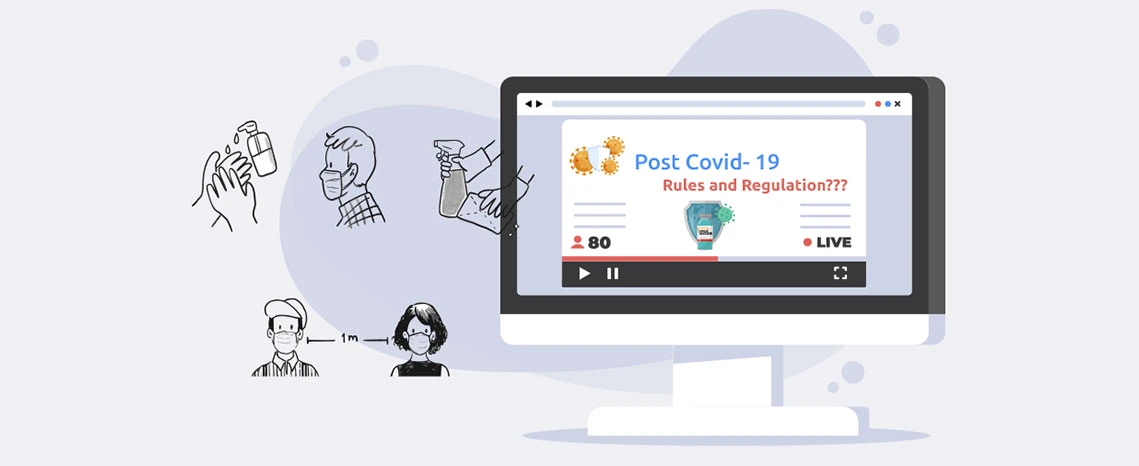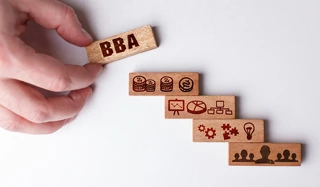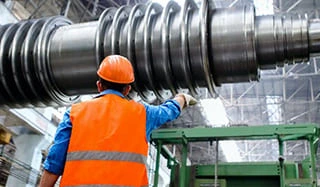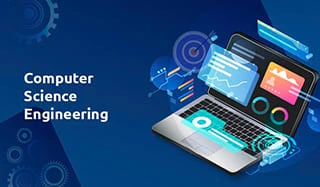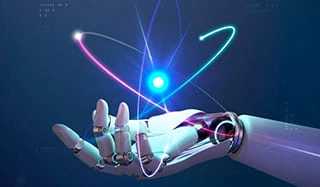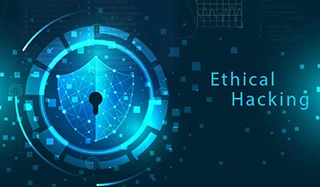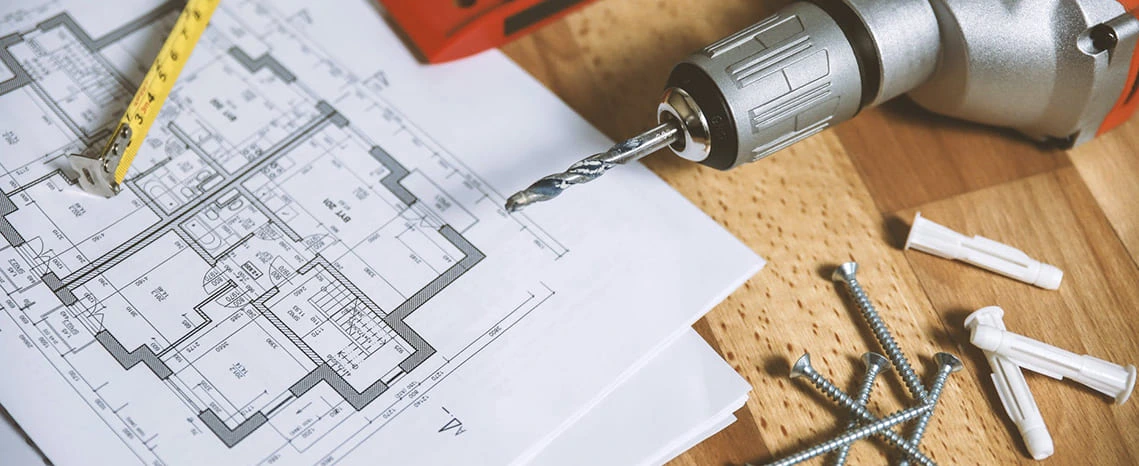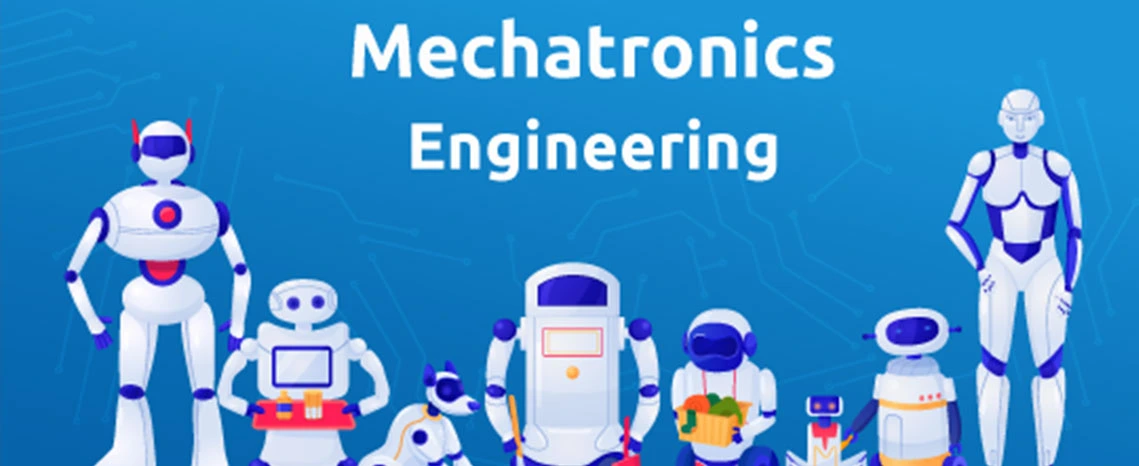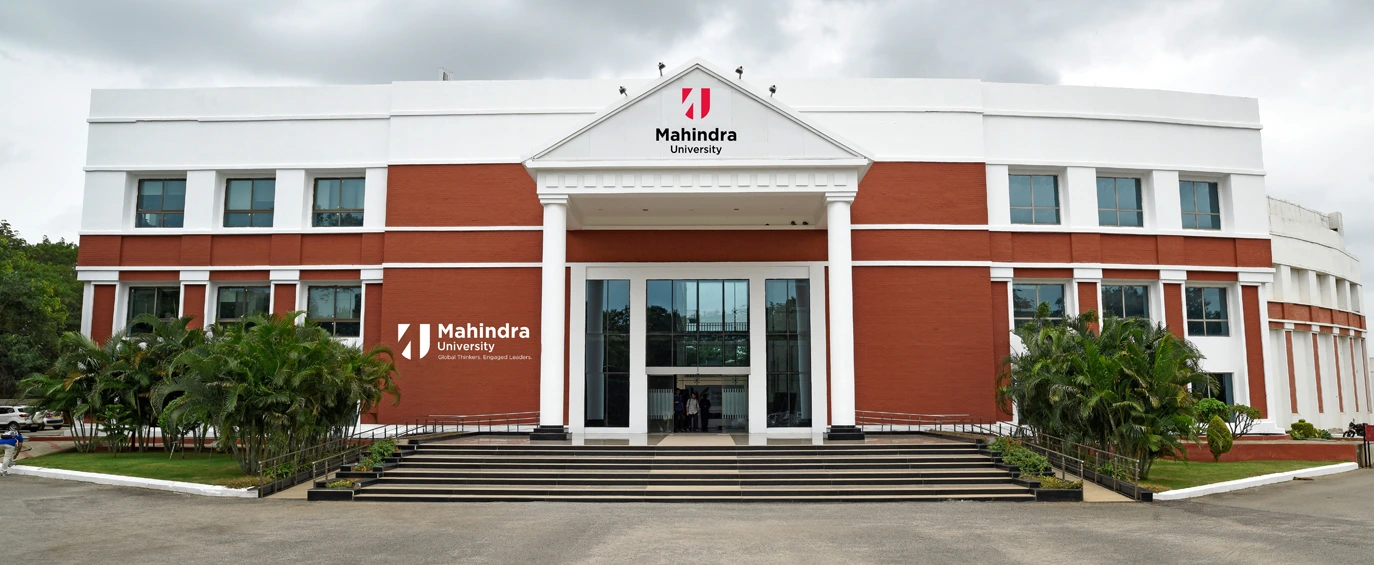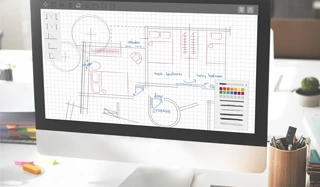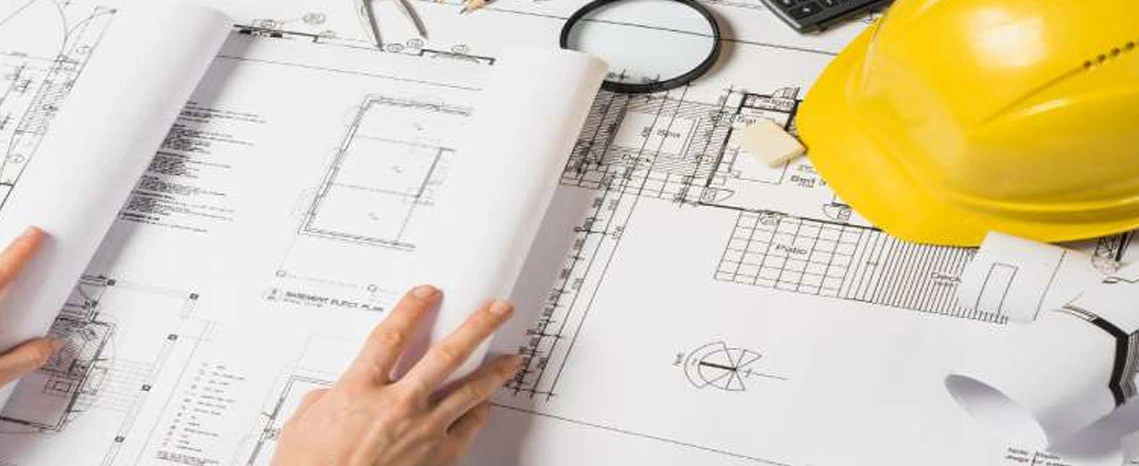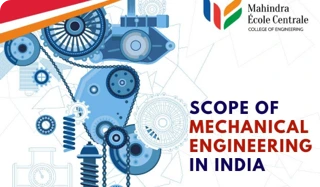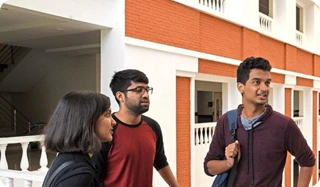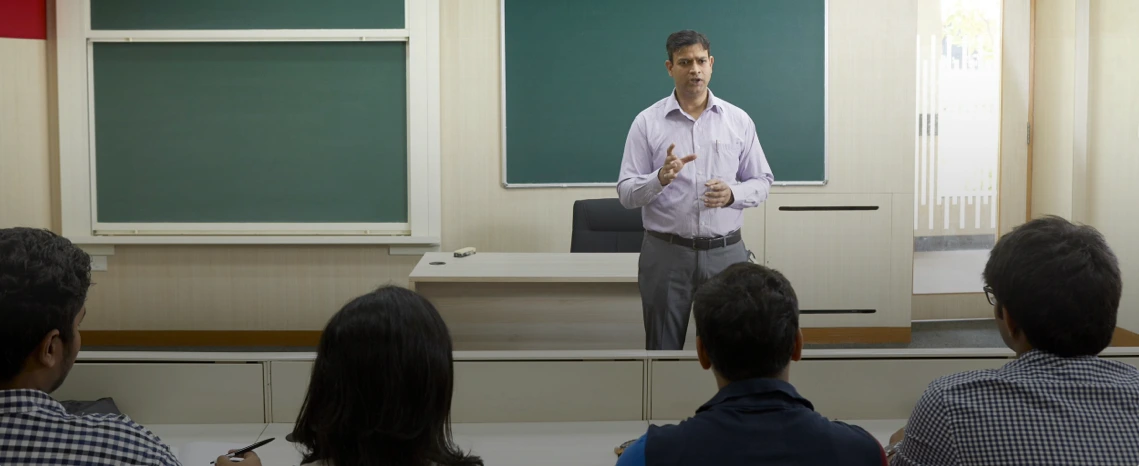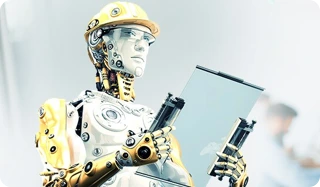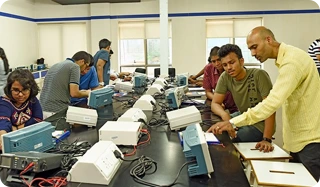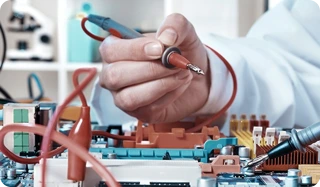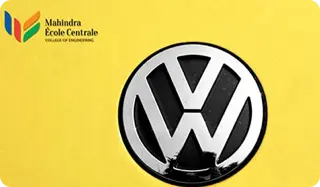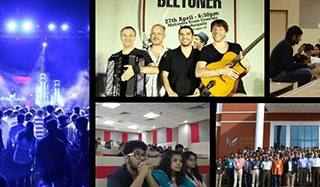B.Tech Course Details: Step into the Future of Engineering Excellence

From the moment you tap your phone to unlock it to the invisible algorithms that recommend your next favorite show, technology is quietly shaping the rhythm of our daily lives. It’s in the traffic lights that ease your commute, the apps that connect you to the world, and the systems that make modern living seamless. But behind every sleek gadget and smart solution lies a team of thinkers, builders, and problem-solvers, people who dared to ask “what if?” and had the tools to answer it.
If you’ve ever caught yourself wondering how machines communicate, how cities stay powered, or how lines of code turn into intelligent experiences, you’re not just curious; you’re already thinking like an engineer. And that’s where a career in engineering begins: with a question, a spark, and the drive to turn imagination into impact.
What is B.Tech?
B.Tech stands for Bachelor of Technology and is an undergraduate engineering programme designed to prepare you for a career in various technical fields. It offers a blend of theoretical knowledge and practical training in disciplines such as Computer Science, Mechanical Engineering, Electrical Engineering, Civil Engineering, and more.
B.Tech Course Details
Before making the decision to pursue B.Tech, one must be aware of the essential B.Tech course details:
| Feature | Details |
| Degree Name | Bachelor of Technology (B.Tech) |
| Course Duration | 4 Years (8 Semesters) |
| Mode of Study | Full-time |
| Eligibility | 10+2 with Physics, Chemistry, and Math |
| Admission Process | Entrance Exam / Merit-Based |
| Average Course Fees | INR 2 to 5 Lakhs per annum |
| Top Specialisations | CSE, ECE, Mechanical, Civil, AI |
Difference Between B.Tech and BE
While both B.Tech and BE are undergraduate programmes in engineering, they differ slightly in their approach to learning, course structure, and focus. Understanding the distinction between the two can help you make a more informed decision based on your learning style and career aspirations.
| Feature | B.Tech (Bachelor of Technology) | BE (Bachelor of Engineering) |
|---|---|---|
| Focus | Application-oriented and technology-focused | Theory-oriented and fundamental engineering principles |
| Curriculum Style | Industry-driven, with more lab work and internships | Academically driven with emphasis on research and theory |
| Skill Development | Emphasises hands-on experience and practical skills | Emphasises strong foundational concepts and design thinking |
| Course Structure | Frequently updated to match industry trends | More structured, less frequent updates |
| Career Path | Suits roles in tech, IT, product development, startups | Ideal for research, academics, or core engineering sectors |
| Institutions Offering | Commonly offered by IITs, NITs, and private tech universities | Often offered by state universities and older institutions |
| Teaching Approach | Project-based, internship-integrated learning | Lecture-based, academically rigorous |
Top 5 Reasons to Choose a B.Tech Course
B.Tech stands as one of the prime career selections among innovative and problem-solving-oriented candidates due to its exceptional appeal. A B.Tech course functions as an ideal pathway toward your future success because:
- High Demand Across Industries
Engineers act as the essential foundation behind all advancement. Every major sector, including information technology and infrastructure, along with healthcare and automobile industries, depend on skilled engineers for developing new systems and conducting maintenance. B.Tech graduates continuously maintain a high level of market demand. - A Specialisation for Everyone
The B.Tech programme contains multiple specialisations where you can choose between coding, robotics, sustainable construction and artificial intelligence. You will have the chance to investigate your deeply held interest in a particular field. - Lucrative Salary Packages and Career Growth
Most engineering positions have both attractive compensation packages and structured career advancement pathways. A B.Tech degree enables you to advance your career quickly once you begin to work at either multinational corporations or emerging startups. - Practical, Hands-On Learning
B.Tech students gain important hands-on learning opportunities through state-of-the-art laboratories, real-time projects, workshops and industry internships. Your education extends beyond theory because you will implement concepts through real-world applications. - Stepping Stone to Higher Studies and Global Careers
A B.Tech degree creates paths to study M.Tech or acquire an MBA alongside foreign education, entrepreneurship, and research opportunities. People seeking admission to international universities or research and entrepreneurship programmes will find a solid start in their B.Tech studies.
How to Choose the Right B.Tech Course?
Your selection among different B.Tech programmes influences both your academic progress and the professional route you will follow in life. You need to carefully decide your major among the multiple available disciplines, including Computer Science and Civil Engineering, and other areas. Below, you can discover a step-by-step approach to selecting your B.Tech course:
- Identify Your Interests: Your motivation levels will remain consistent if you select a course whose subject matches your personal interests.
- Check Industry Demand: Revise the study plan by evaluating active job market patterns to select courses that provide promising positions and attractive salary compensation.
- Evaluate Course Curriculum: Review the subjects with available syllabuses across multiple universities.
- Consider Future Study Plans: If you’re planning to pursue higher studies, select your course according to the foundation it will provide you for reaching your future academic targets.
- Accreditation and Infrastructure: Select an accredited institution which provides excellent facilities.
- Speak to Alumni or Professionals: The knowledge of individuals working in the field offers practical insights about future experiences and preparation methods.
B.Tech Syllabus
The B.Tech course syllabus varies depending on your chosen specialisation, but most programmes follow a structured progression from foundational sciences to advanced engineering topics. Here’s a general overview of what you can expect:
- Engineering Mathematics
- Physics & Chemistry
- Programming Fundamentals
- Engineering Drawing
- Basic Electrical & Electronics Engineering
- Mechanics / Thermodynamics / Circuit Theory
- Communication Skills
- Environmental Studies
- Soft Skills & Personality Development
- Laboratories & Workshop Training
- Mini and Major Projects
- Internships / Industrial Training
- Departmental Core Subjects
B.Tech Curriculum
The B.Tech curriculum strikes a balance between core subjects and practical learning. Key components include:
- Core Subjects: Mathematics, Physics, Chemistry, and introductory engineering principles.
- Specialisation Courses: Advanced subjects specific to the chosen field.
- Electives: Interdisciplinary courses for broader learning.
- Laboratory Work: Hands-on sessions to apply theoretical knowledge.
- Internships: Industry exposure to enhance professional skills.
- Capstone Projects: Final-year projects addressing real-world problems
B.Tech Important Books
It’s always good to be well read in the subject that you like. The following books can help you on your B.Tech journey.
| Book Title | Authors | Subject Area |
|---|---|---|
| Engineering Mathematics | B.S. Grewal | Mathematics |
| Introduction to Algorithms | Cormen, Leiserson, Rivest, and Stein | Computer Science & Algorithms |
| Thermodynamics: An Engineering Approach | Yunus A. Cengel | Mechanical Engineering / Thermodynamics |
| Basic Electrical Engineering | V.K. Mehta | Electrical Engineering |
| Strength of Materials | R.K. Bansal | Civil / Mechanical Engineering |
Skills Required for B.Tech Students
Pursuing a B.Tech degree needs more than just theoretical knowledge around your specialisation. Following are some of the skills essential for your B.Tech journey:
- Strong analytical and problem-solving skills
- Creativity and innovation
- Technical knowledge
- Communication and teamwork
- Attention to detail
- Adaptability
- Project and Time Management
- Critical Thinking
- Leadership Skills
- Curiosity and Passion for Learning
Different Types of B.Tech Courses Available
| Type of B.Tech Programme | Mode of Study | Ideal For |
|---|---|---|
| Full-Time B.Tech | On-campus, Regular | Students who can commit to 4 years of continuous, immersive study. |
| Part-Time B.Tech | Evening/Weekend Classes | Working professionals looking to upskill without leaving their jobs. |
| Distance B.Tech | Remote with limited contact classes | Learners need flexibility and minimal campus presence. |
| Online B.Tech | Fully Online | Tech-savvy students seeking remote, self-paced engineering education. |
| Lateral Entry B.Tech | On-campus, Regular | Diploma holders entering directly into 2nd year of the B.Tech programme. |
| Integrated B.Tech + MTech | On-campus, Regular | Students aiming for a seamless UG + PG technical education (5-year duration). |
B.Tech Specialisations
Choosing a specialisation for your B.Tech degree is an essential factor influencing success in the field. Following are some of the most popular B.Tech specialisations:
- Artificial Intelligence
- Computation & Mathematics Engineering
- Computer Science & Engineering
- Mechatronics
- Civil Engineering
- Electronics & Computer Engineering
- Mechanical Engineering
- Nano Technology
- Electronics & Communication Engineering
- Computational Biology
- Biotechnology
B.Tech Eligibility Criteria
You must fall under certain criteria to be eligible to pursue a B.Tech course. Following is a list of B.Tech eligibility criteria:
| Eligibility Criteria | Details |
|---|---|
| Educational Qualification | Completion of 10+2 with Physics, Chemistry, and Mathematics |
| Minimum Aggregate Score | Typically 50%–60% in 10+2 that may vary by institution |
| Entrance Exam Qualification | Must qualify relevant entrance exams as required by the institution |
B.Tech Entrance Exams
Some common entrance exams for B.Tech admission:
- JEE Main & JEE Advanced
- SAT
- ACT
- State-level exams like MHT CET, WBJEE
B.Tech Admission Process
The B.Tech admission process typically includes:
- Qualifying entrance exams
- Counseling or direct admission based on merit
- Document verification and fee payment
B.Tech Duration
The standard B.Tech course duration is 4 years, divided into 8 semesters. Each year includes academic sessions, lab work, project submissions, and internships.
B.Tech Fees
The B.Tech course fees can vary based on institution type:
| Type of Institution | Average Fees Per Annum |
|---|---|
| Government Colleges | INR 50,000 – 1.5 Lakhs |
| Private Colleges | INR 2 – 5 Lakhs |
Scope of B.Tech in India
India’s engineering sector is expanding rapidly, creating ample opportunities for B.Tech graduates in areas like:
- Infrastructure development
- IT and software services
- Automotive and manufacturing
- Renewable energy
- Research and innovation
Career Opportunities After a B.Tech
The knowledge obtained in B.Tech extends beyond practical expertise to expose individuals to various professional avenues. Engineers with B.Tech degrees will find opportunities in every industrial sector, and their professional growth matches their personal interests. B.Tech graduates typically take up various fascinating job opportunities that include:
- Software Developer – Build applications, systems, and software that power everything from mobile apps to enterprise platforms.
- Data Analyst – Turn raw data into meaningful insights that drive smart business decisions.
- Mechanical Engineer – Design and develop mechanical systems, from engines to industrial machinery.
- Civil Engineer – Shape the world around you by working on infrastructure projects like roads, bridges, and buildings.
- Project Manager – Oversee engineering projects, managing timelines, teams, and budgets to deliver successful outcomes.
- Technical Consultant – Solve complex problems for businesses by offering expert engineering and tech advice.
- Government Services – Crack competitive exams to work in public sector units (PSUs) or departments like Indian Railways, ISRO, DRDO, and more.
Whether you choose to dive into the corporate world, research, entrepreneurship, or public service, a B.Tech degree lays the groundwork for a future full of growth and innovation.
B.Tech Salary in India
| Role | Average Annual Salary |
|---|---|
| Software Engineer | INR 5–8 LPA |
| Mechanical Engineer | INR 3–6 LPA |
| Electrical Engineer | INR 3.5–7 LPA |
| Civil Engineer | INR 3–5 LPA |
| Data Scientist | INR 8–12 LPA |
Top 10 Recruiters for B.Tech
- Infosys
- Tata Consultancy Services (TCS)
- Wipro
- Larsen & Toubro
- HCL Technologies
- Mahindra & Mahindra
- IBM
- Amazon
- Indian Railways
Step into the World of Engineering with Mahindra University’s B.Tech Programmes
The École Centrale School of Engineering at Mahindra University provides a range of four-year B.Tech programmes, including interdisciplinary options, developed in collaboration with the École Centrale Group of Institutions in France. These fully residential courses are designed to nurture engineers who are not only capable of addressing global engineering challenges but also agile in adopting emerging technologies to shape the future of innovation.
Programme Highlights
- An authentically global programme emphasising the natural, creative, and engineering sciences.
- A uniquely diverse cultural setting that fosters interaction among students, faculty, and staff.
- A research-focused curriculum with strong industry connections.
- Fully residential programme with compulsory on-campus living.
- Global exchange opportunities paired with mandatory internships.
- A multidisciplinary learning model combining humanities, social sciences, management, and philosophy.
B.Tech Specialisations at Mahindra University
- Mechanical Engineering (ME)
- Computer Science & Engineering (CSE)
- Artificial Intelligence (AI)
- Electronics & Computer Engineering (ECM)
- Computation & Mathematics (CM)
- Mechatronics (MT)
- Nano Technology (NT)
- Civil Engineering (CE)
- Electronics and Communication Engineering (ECE)
- Bio Technology
- Computational Biology (CB)
- VLSI Design and Technology (VLSI)
- Electrical and Computer Engineering (ELC)
- Aerospace Engineering (Aero)
The B.Tech programmes at Mahindra University are aimed at building professionals ready to tackle the demands of international organisational structures. The University’s vision is ‘To educate future citizens for and of a better world. ’
Your B.Tech Journey Starts Here
Choosing the right engineering course can shape your future. A B.Tech degree is not just about learning technology; it’s about using it to make a difference. If you’re ready to take the first step toward innovation and leadership, Mahindra University could be your gateway. So, what are you waiting for? Apply Now!
FAQs
Q1: What is the B.Tech course duration?
A: The typical study period spans 4 years with 8 different semesters.
Q2: How much does a B.Tech course cost?
A: College fees tend to vary between INR 50,000 and 5 Lakhs per year based on the educational establishment.
Q3: Is B.Tech better than BE?
A: The B.Tech programme focuses on practical applications, whereas BE concentrates on theoretical concepts. You should select your major based on learning style preference.
Q4: What kind of jobs can I get after B.Tech?
A: Graduates possess the capacity to work within industries including IT, core engineering, consulting, R&D, as well as various other fields.























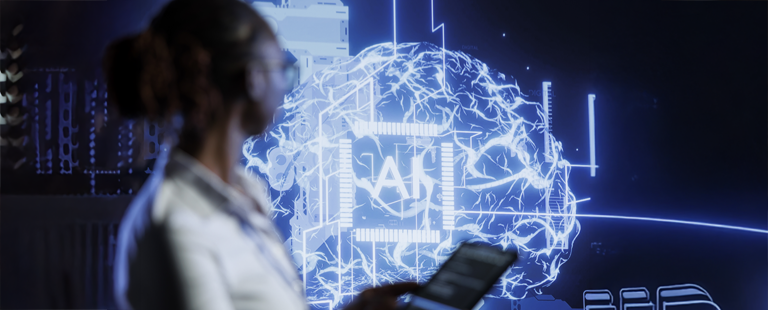














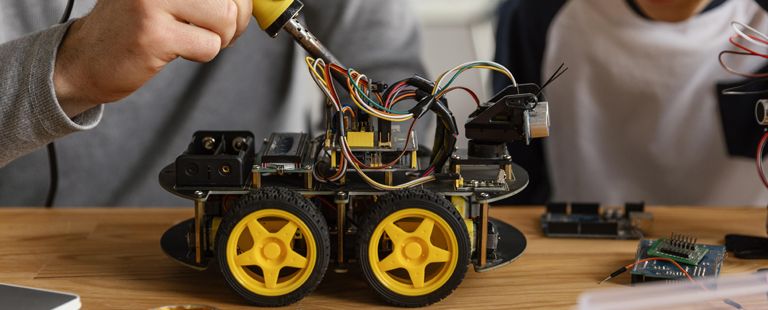
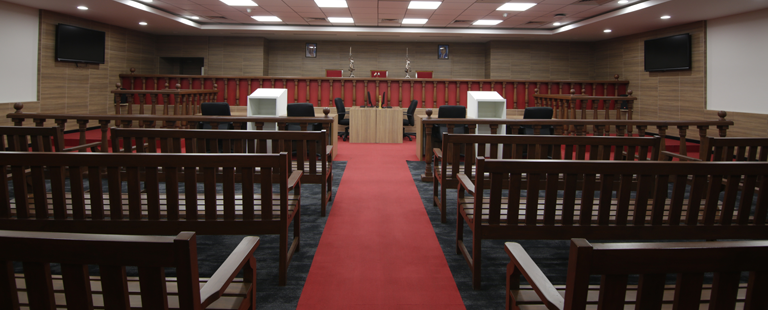



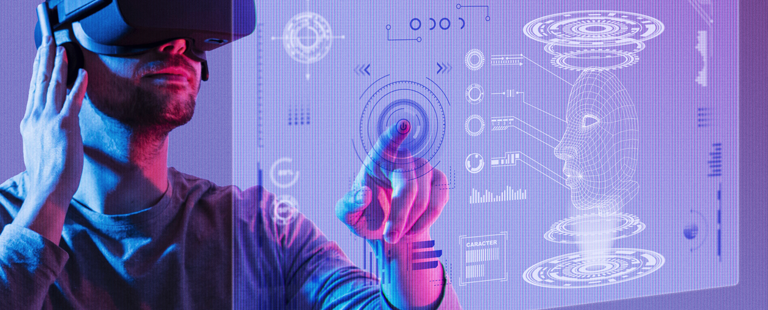









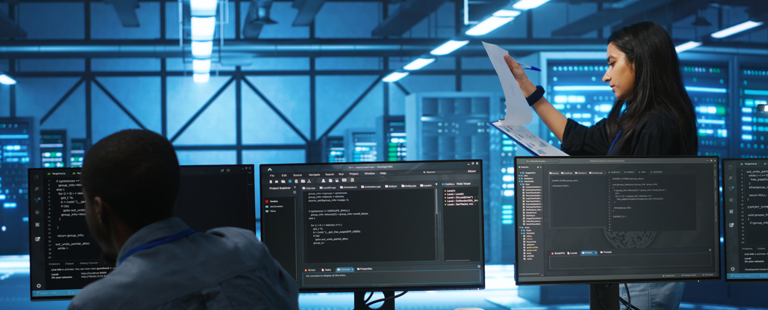





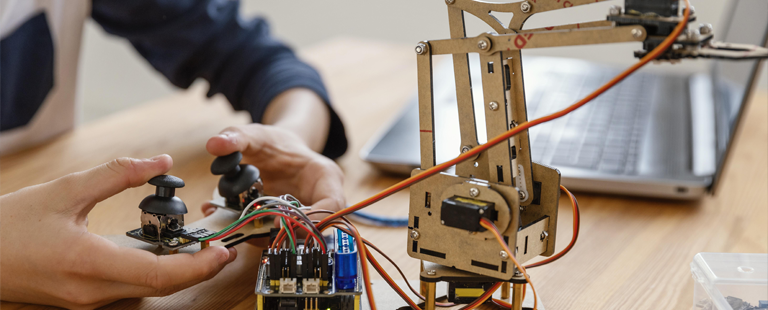


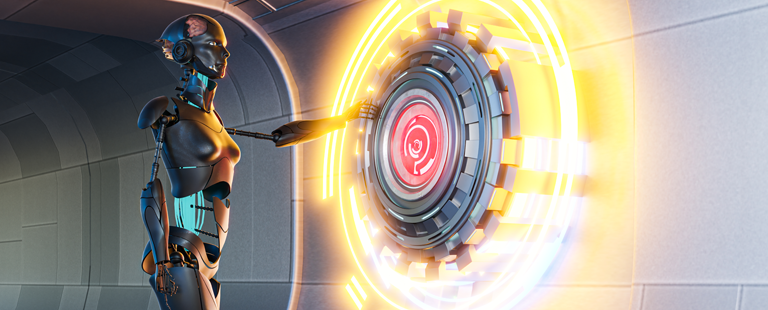








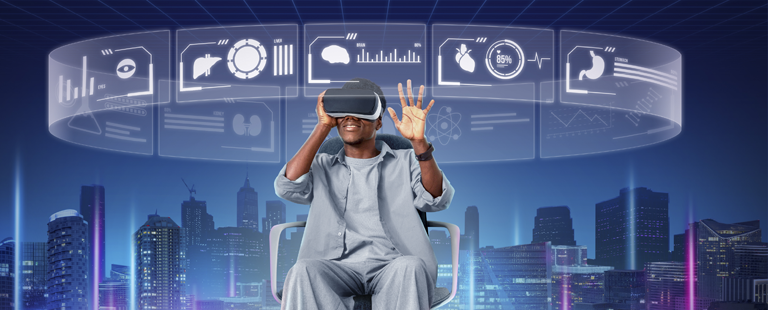


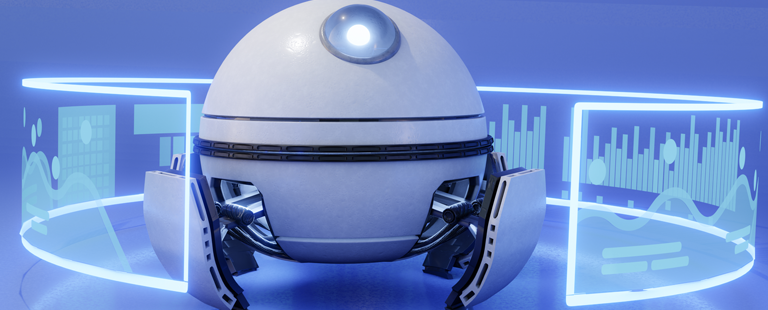



































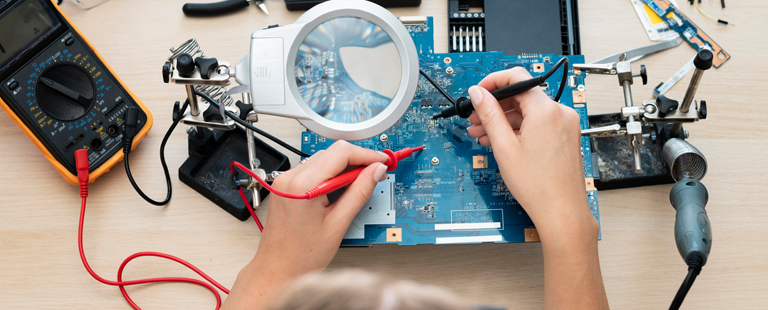







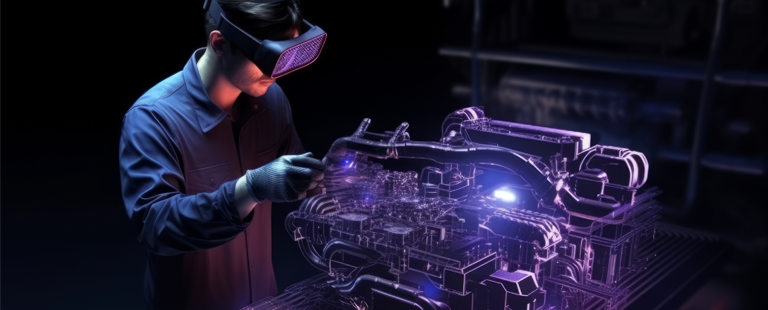
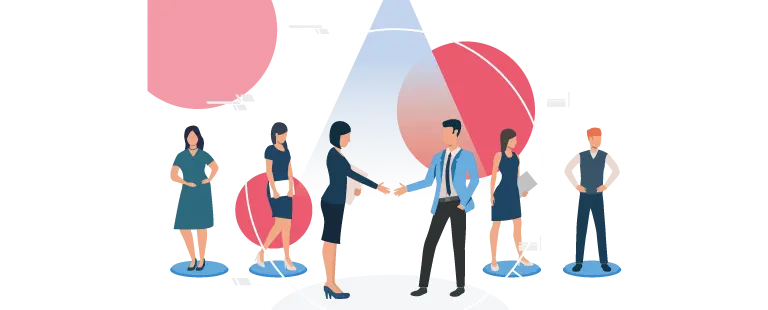
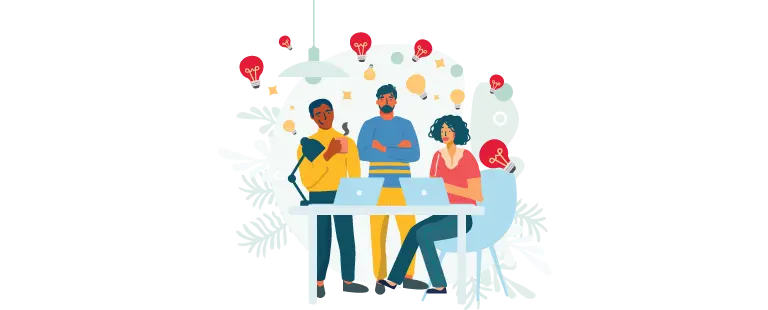
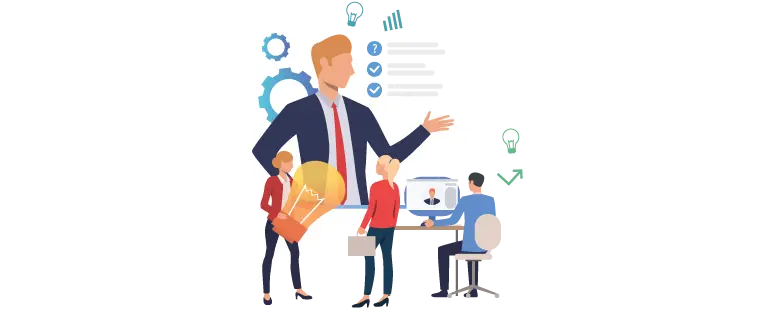
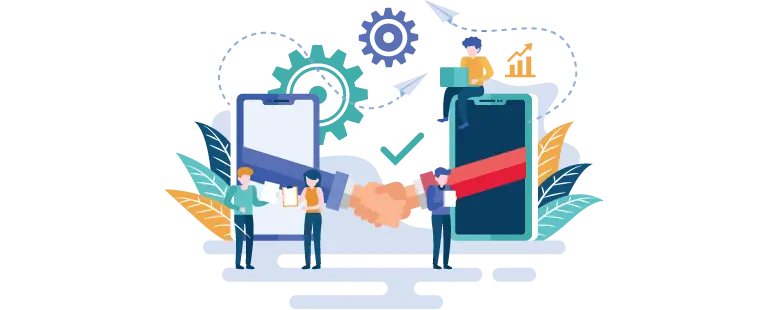
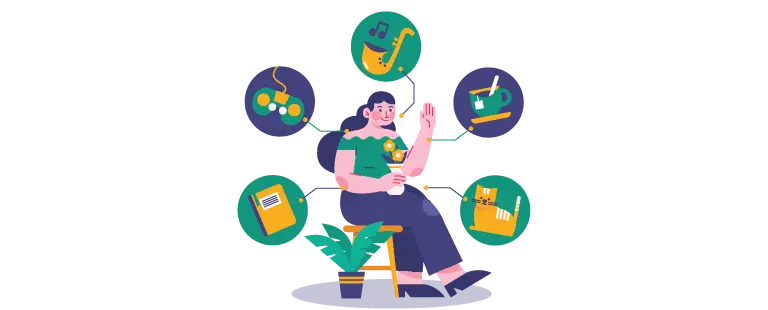
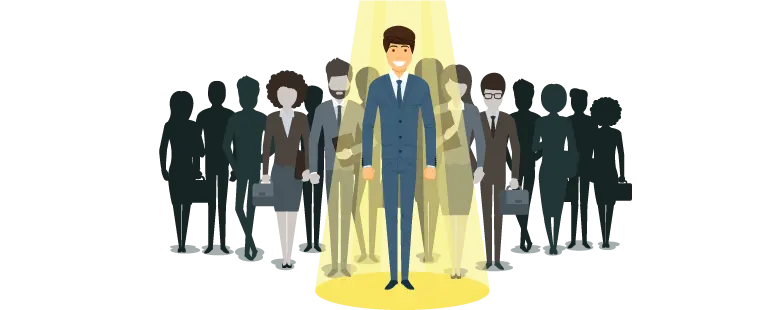

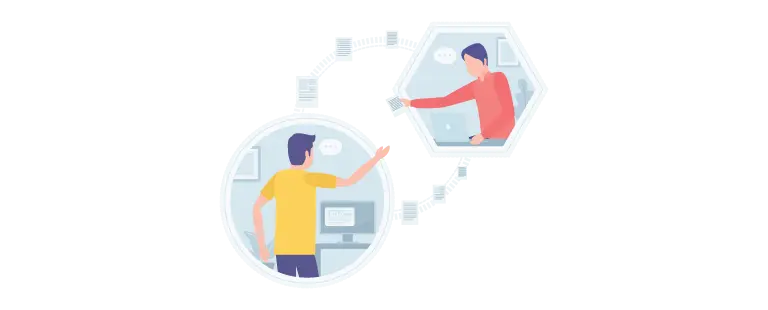
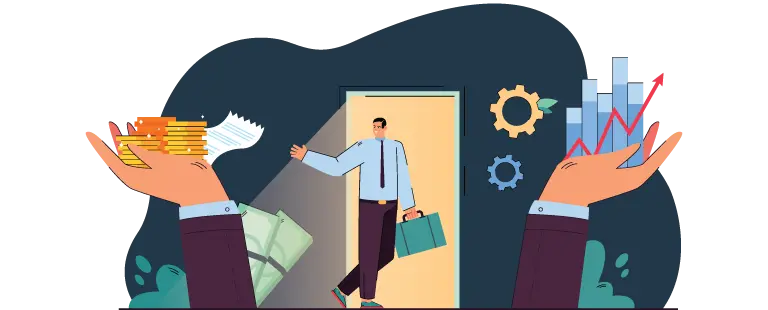












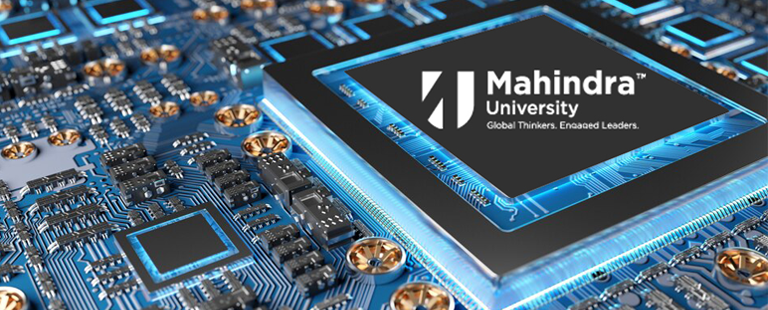





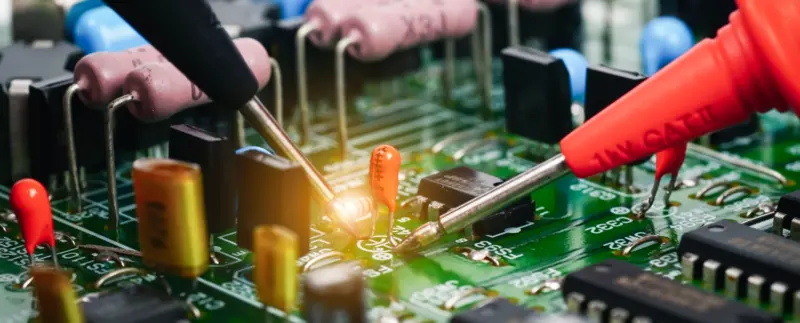
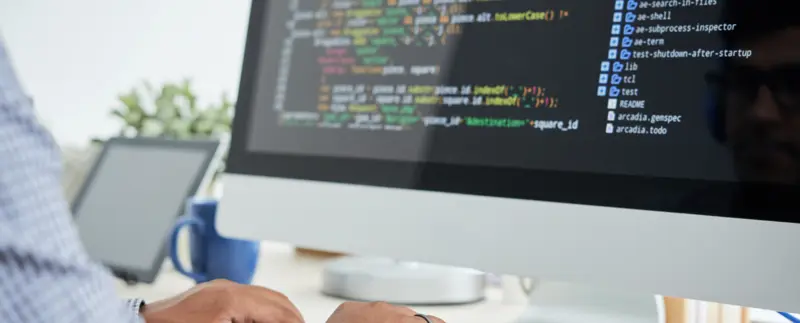
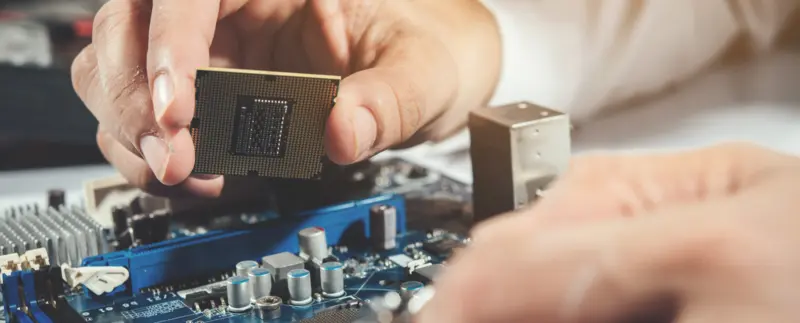








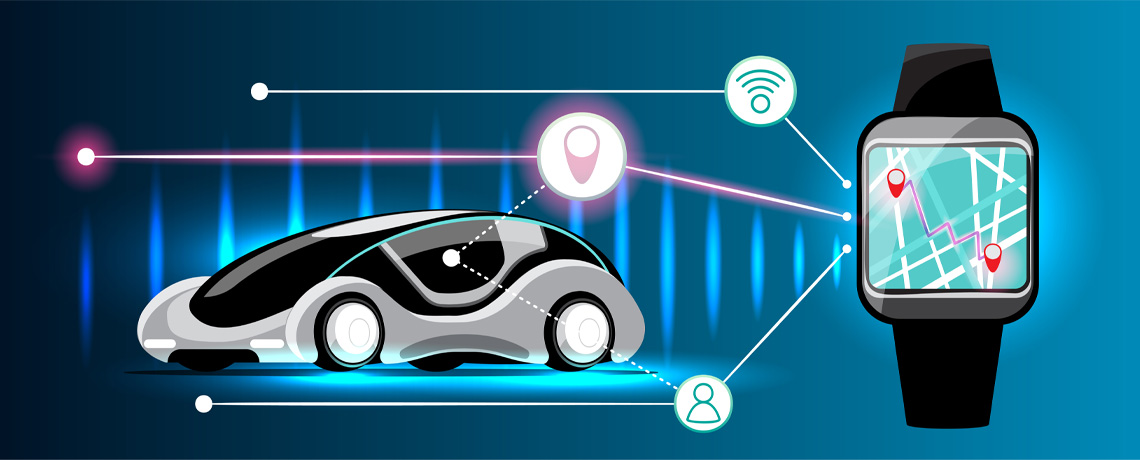


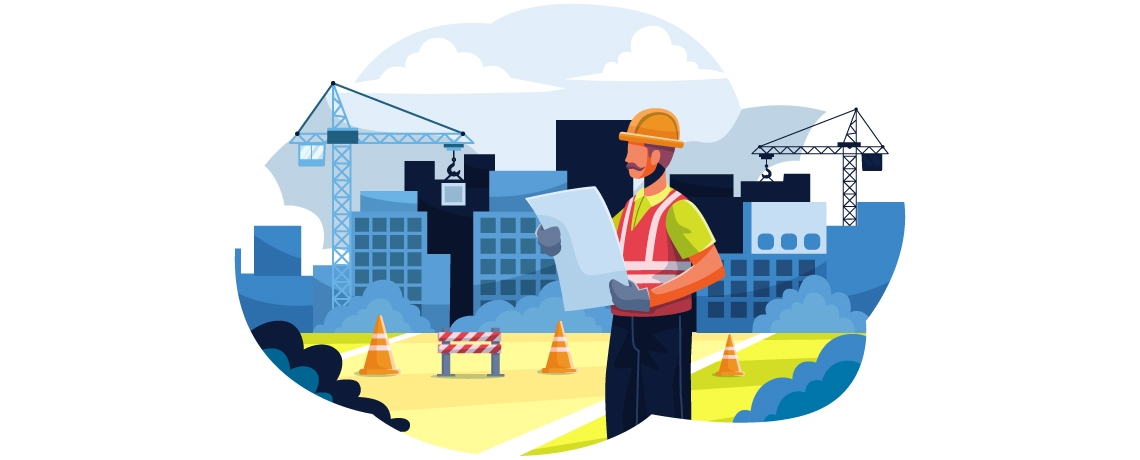



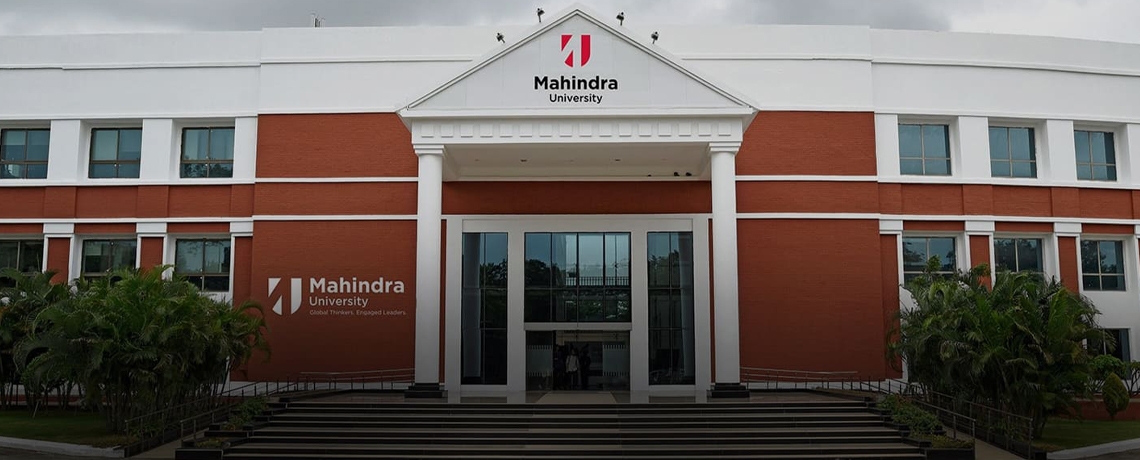


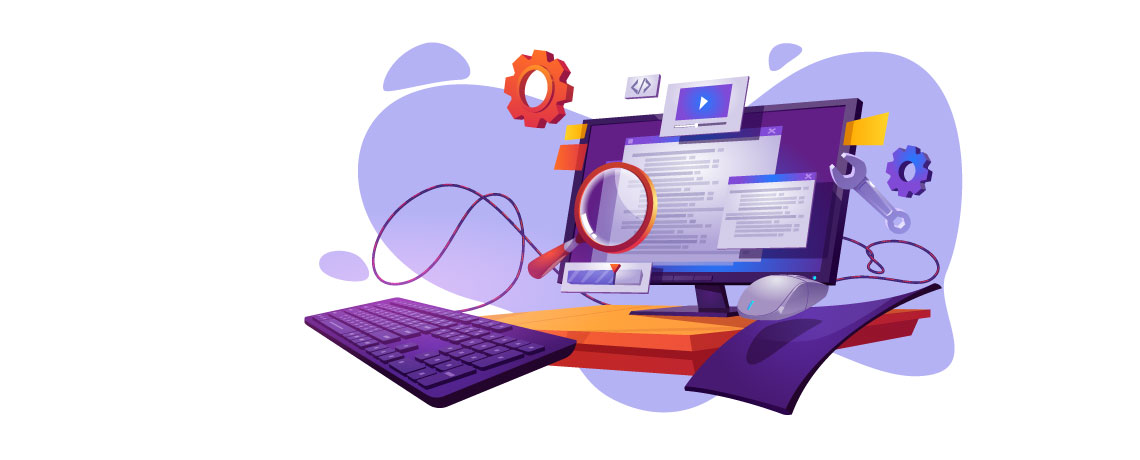




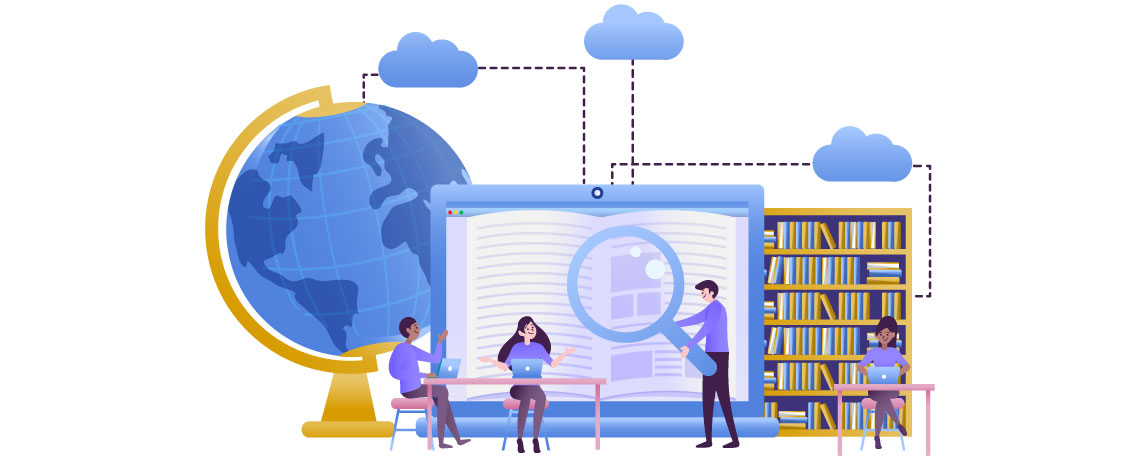


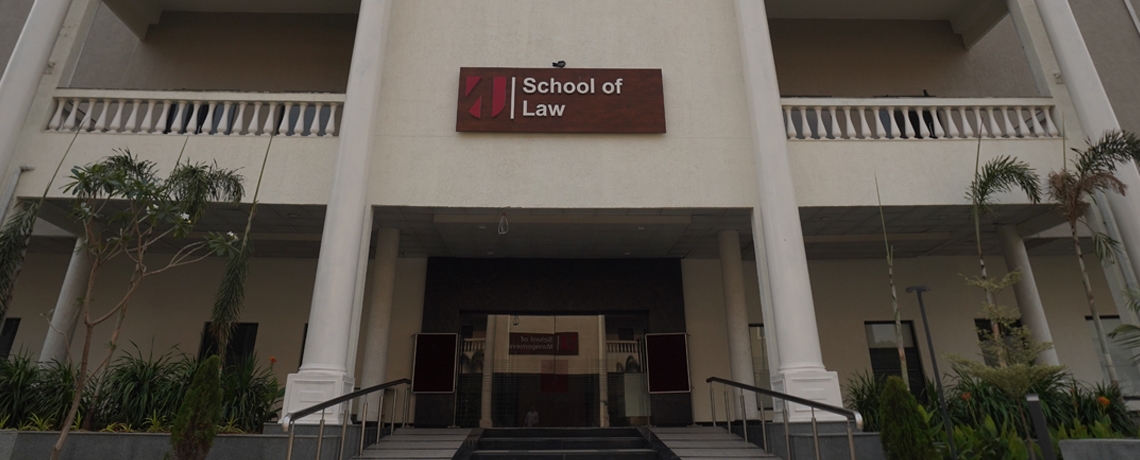
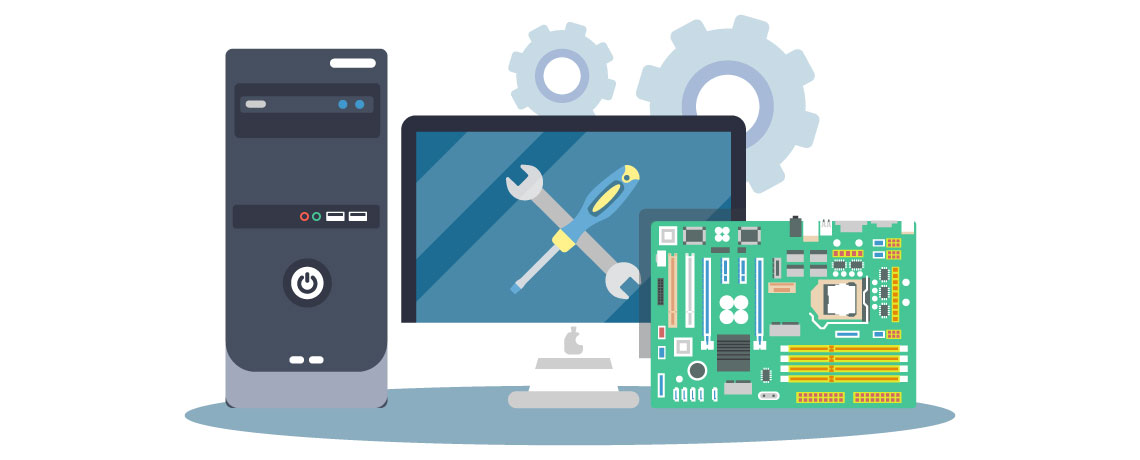
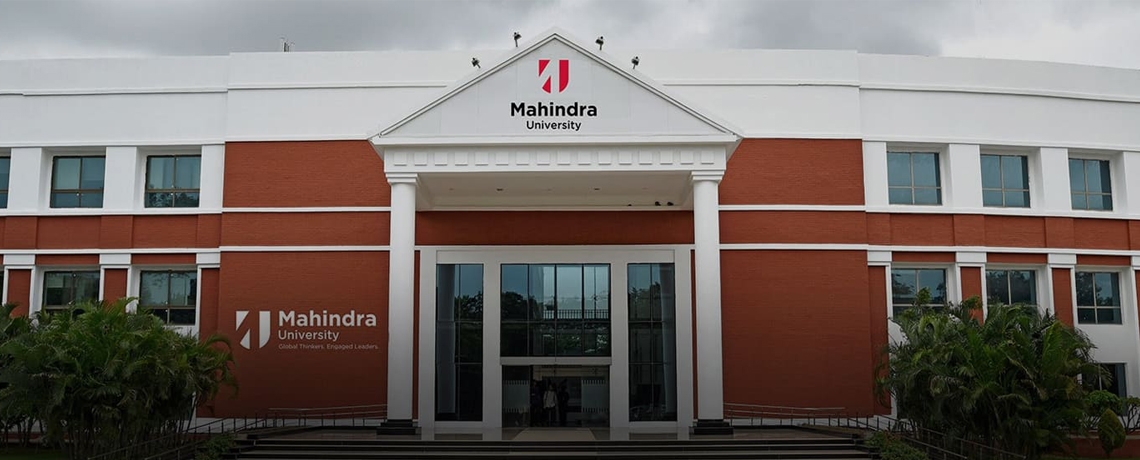
![Arm_Yourself_with_Deep_Business_Knowledge_&_Insights_with_PhD_Program_in_Business_Administration_at_Mahindra_University[1] Arm_Yourself_with_Deep_Business_Knowledge_&_Insights_with_PhD_Program_in_Business_Administration_at_Mahindra_University[1]](https://www.mahindrauniversity.edu.in/wp-content/uploads/2023/04/Arm_Yourself_with_Deep_Business_Knowledge__Insights_with_PhD_Program_in_Business_Administration_at_Mahindra_University1.jpg)
![Emerge_as_a_Forward_thinking_Mechanical_Engineer_with_B_1140x460[1] Emerge_as_a_Forward_thinking_Mechanical_Engineer_with_B_1140x460[1]](https://www.mahindrauniversity.edu.in/wp-content/uploads/2023/04/Emerge_as_a_Forward_thinking_Mechanical_Engineer_with_B_1140x4601.jpg)
![B.Tech_in_Computer_Science_Engineering_(BTech_CSE)_Your_Gateway_to_Become_a_Computer_Genius_1140x460[1] B.Tech_in_Computer_Science_Engineering_(BTech_CSE)_Your_Gateway_to_Become_a_Computer_Genius_1140x460[1]](https://www.mahindrauniversity.edu.in/wp-content/uploads/2023/04/B.Tech_in_Computer_Science_Engineering_BTech_CSE_Your_Gateway_to_Become_a_Computer_Genius_1140x4601.jpg)
![Digital_Marketing_is_Booming_Globally_1140x460[1] Digital_Marketing_is_Booming_Globally_1140x460[1]](https://www.mahindrauniversity.edu.in/wp-content/uploads/2023/04/Digital_Marketing_is_Booming_Globally_1140x4601.jpg)
![MU_Electrical20Computer20Engineering_1140x460[1] MU_Electrical20Computer20Engineering_1140x460[1]](https://www.mahindrauniversity.edu.in/wp-content/uploads/2023/04/MU_Electrical20Computer20Engineering_1140x4601.jpg)
![BA_LLB_Hons_Course_at_Mahindra_University[1] BA_LLB_Hons_Course_at_Mahindra_University[1]](https://www.mahindrauniversity.edu.in/wp-content/uploads/2023/04/BA_LLB_Hons_Course_at_Mahindra_University1.webp)
![Management_&_Business_Administration_is_Tremendously_High[1] Management_&_Business_Administration_is_Tremendously_High[1]](https://www.mahindrauniversity.edu.in/wp-content/uploads/2023/04/Management__Business_Administration_is_Tremendously_High1.jpg)

![whyistraining&placementcellimportant[1] whyistraining&placementcellimportant[1]](https://www.mahindrauniversity.edu.in/wp-content/uploads/2023/04/why20is20training2020placement20cell20important1.png)
![TheDifferencesbetweenRights&Duties[1] TheDifferencesbetweenRights&Duties[1]](https://www.mahindrauniversity.edu.in/wp-content/uploads/2023/04/The20Differences20between20Rights2020Duties1.png)
![sleep_deprivation[1] sleep_deprivation[1]](https://www.mahindrauniversity.edu.in/wp-content/uploads/2023/04/sleep_deprivation1.jpg)
![SelfLoveBlogImage2[1] SelfLoveBlogImage2[1]](https://www.mahindrauniversity.edu.in/wp-content/uploads/2023/04/Self20Love20Blog20Image2021.png)

